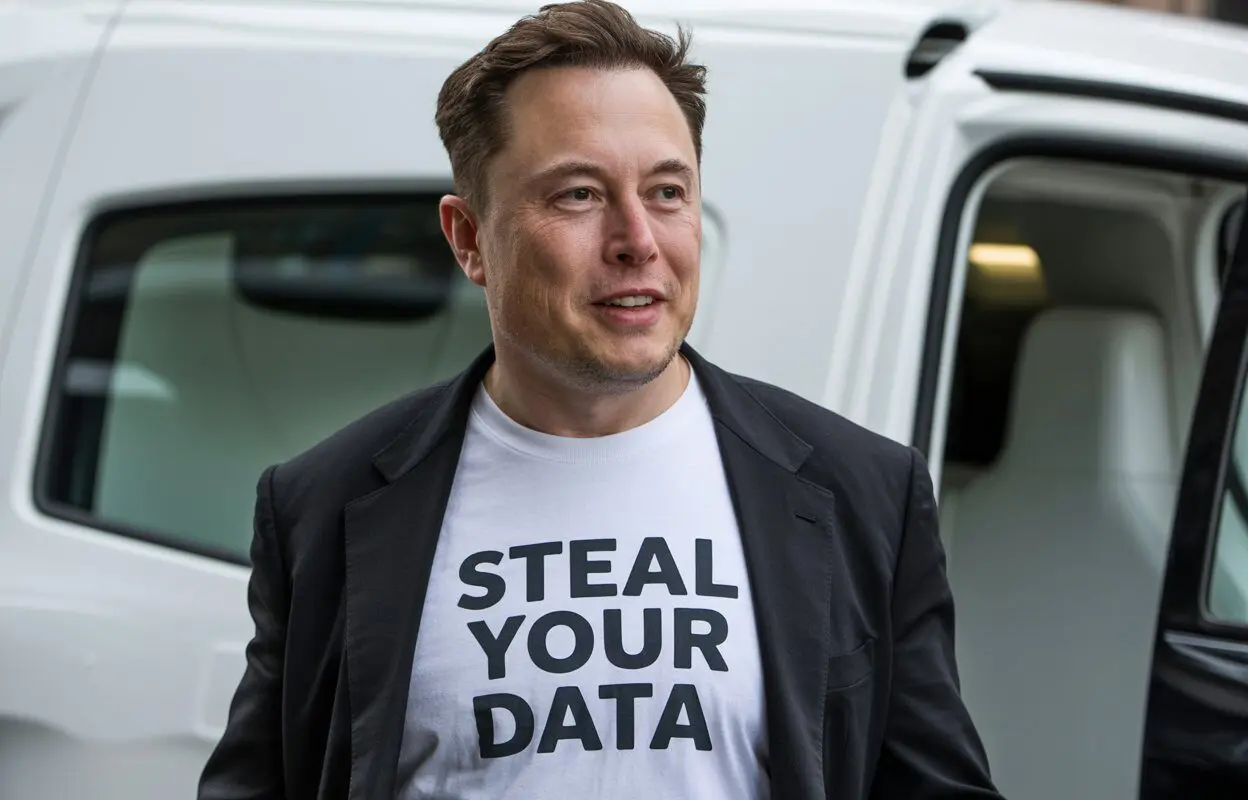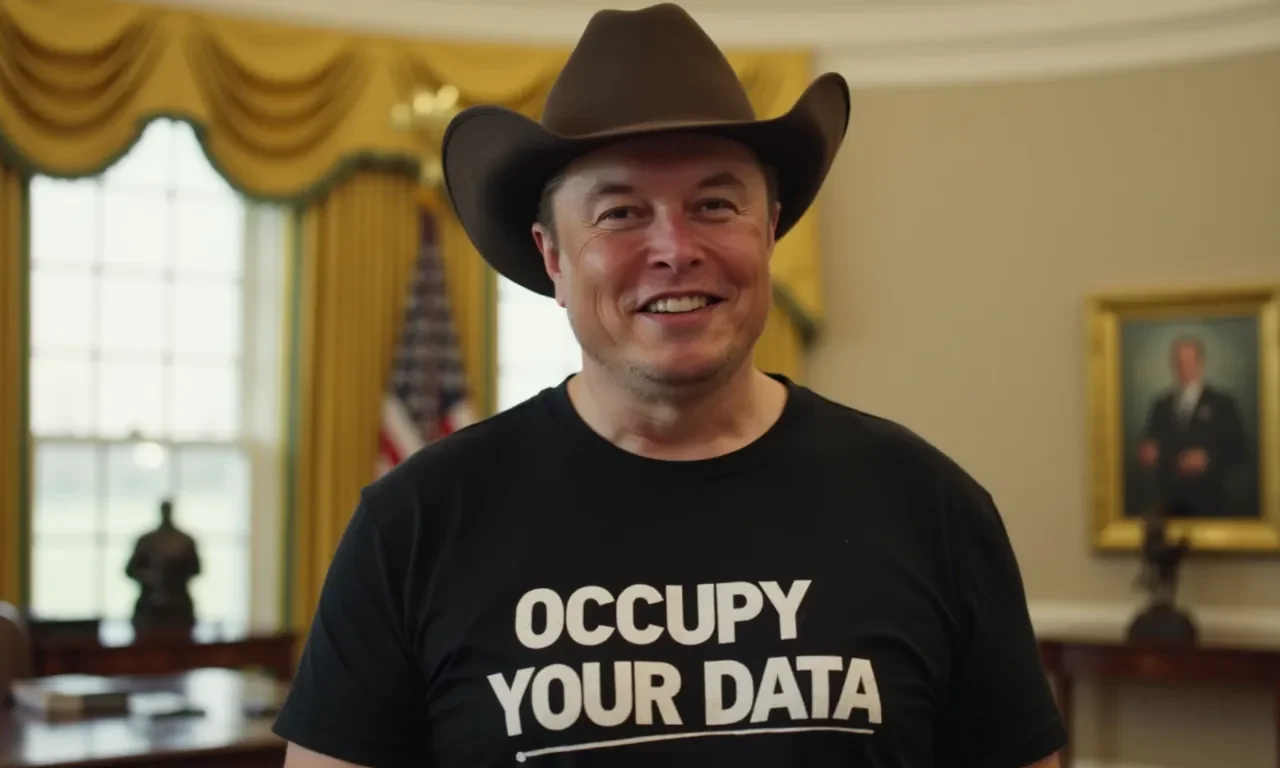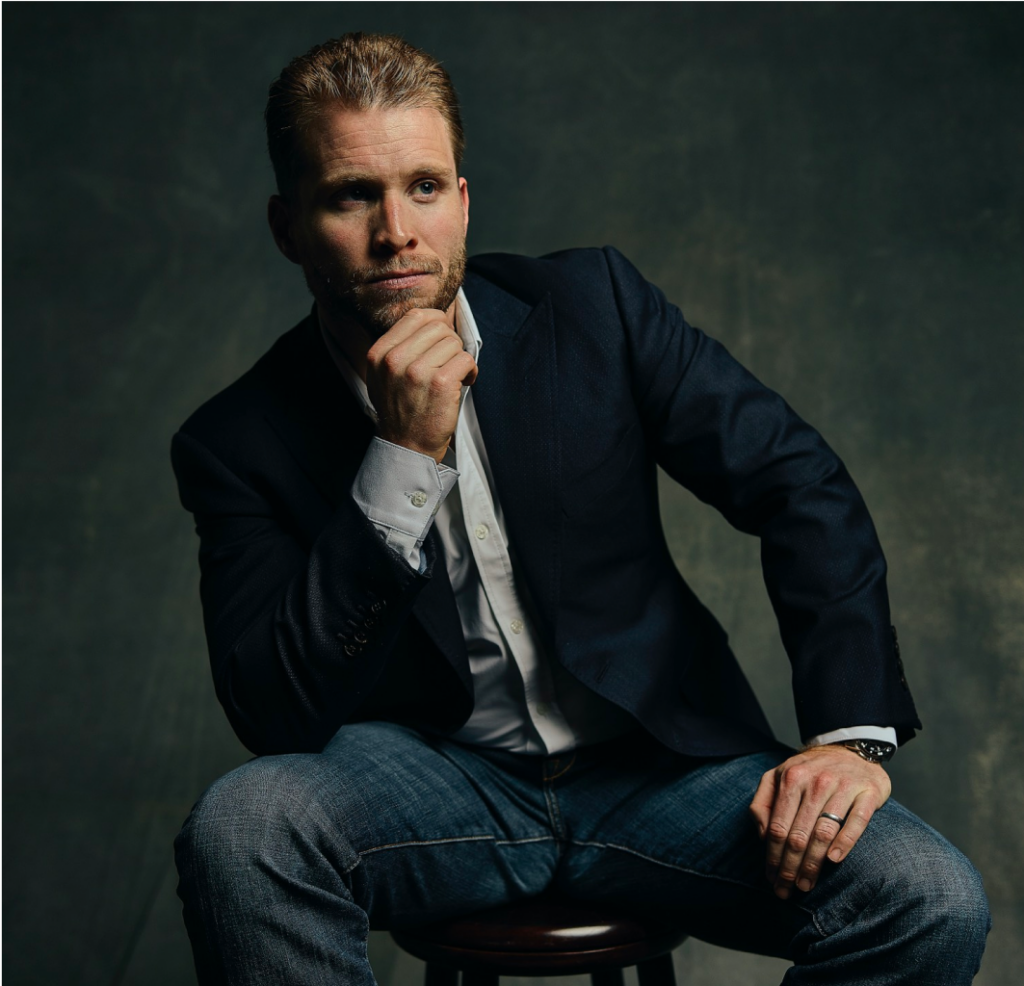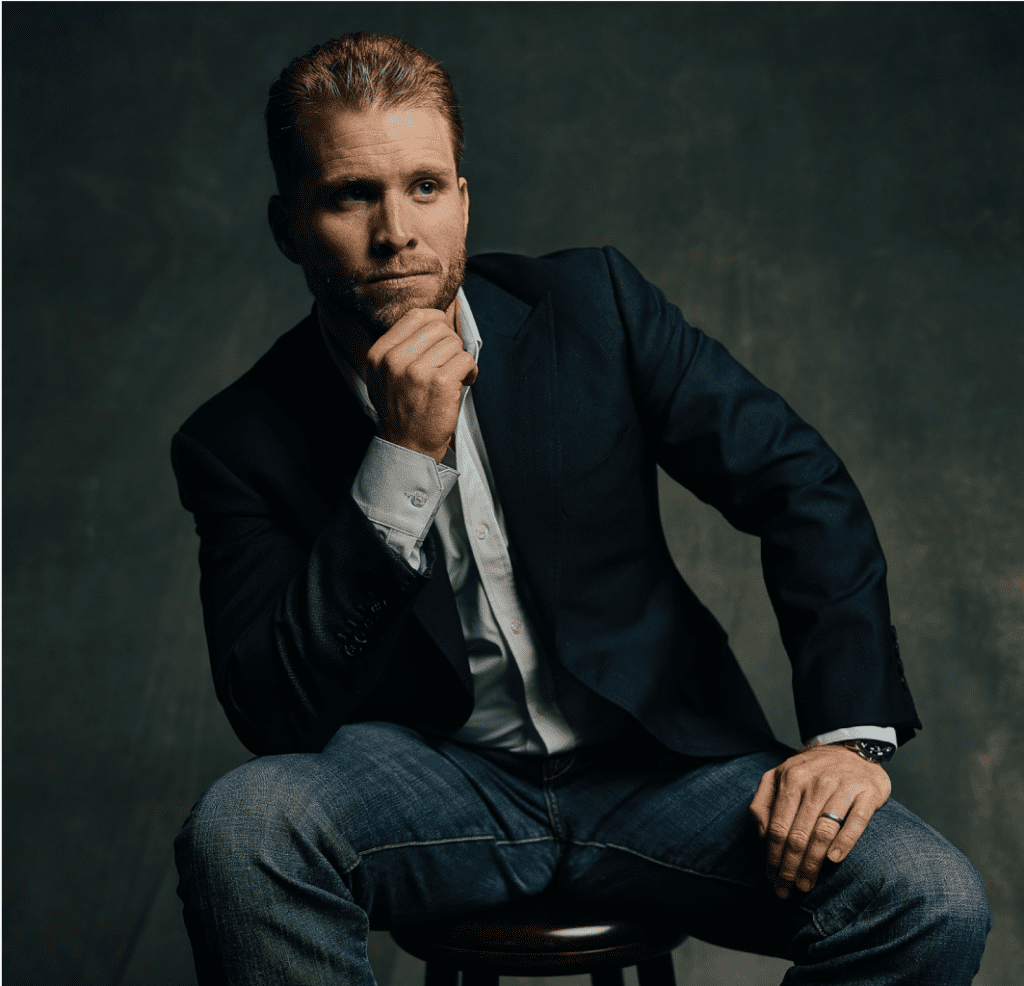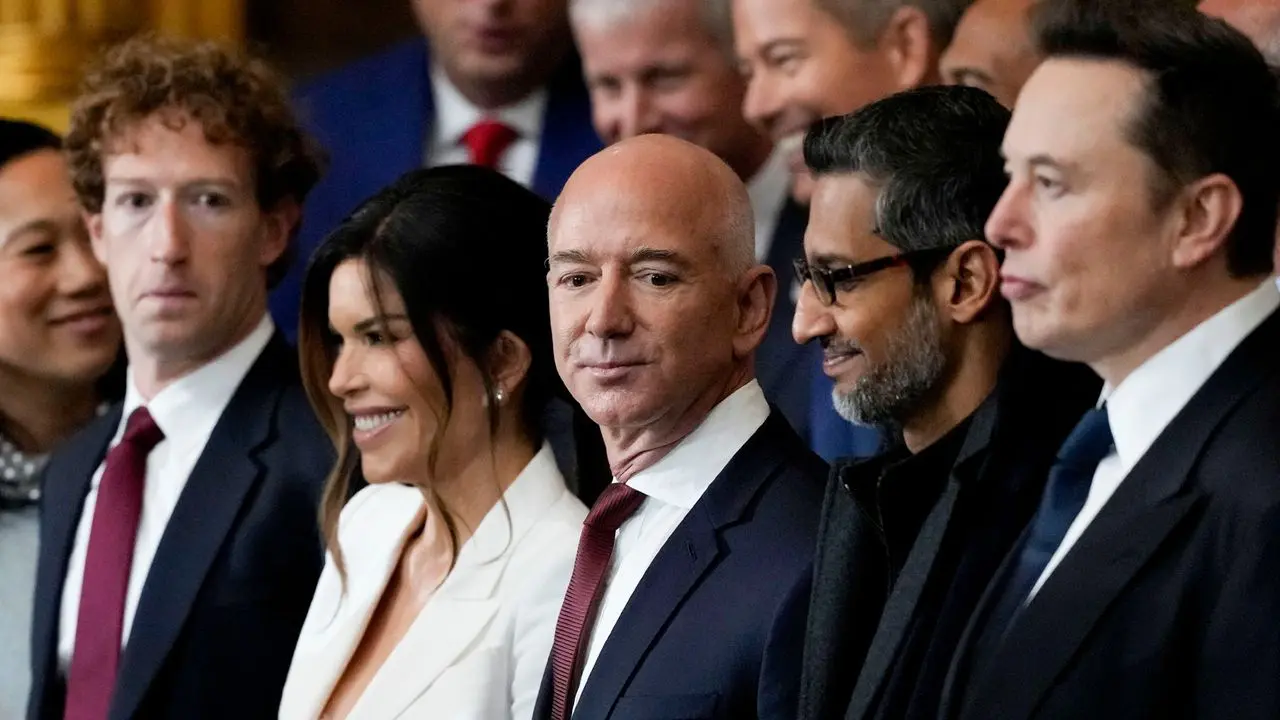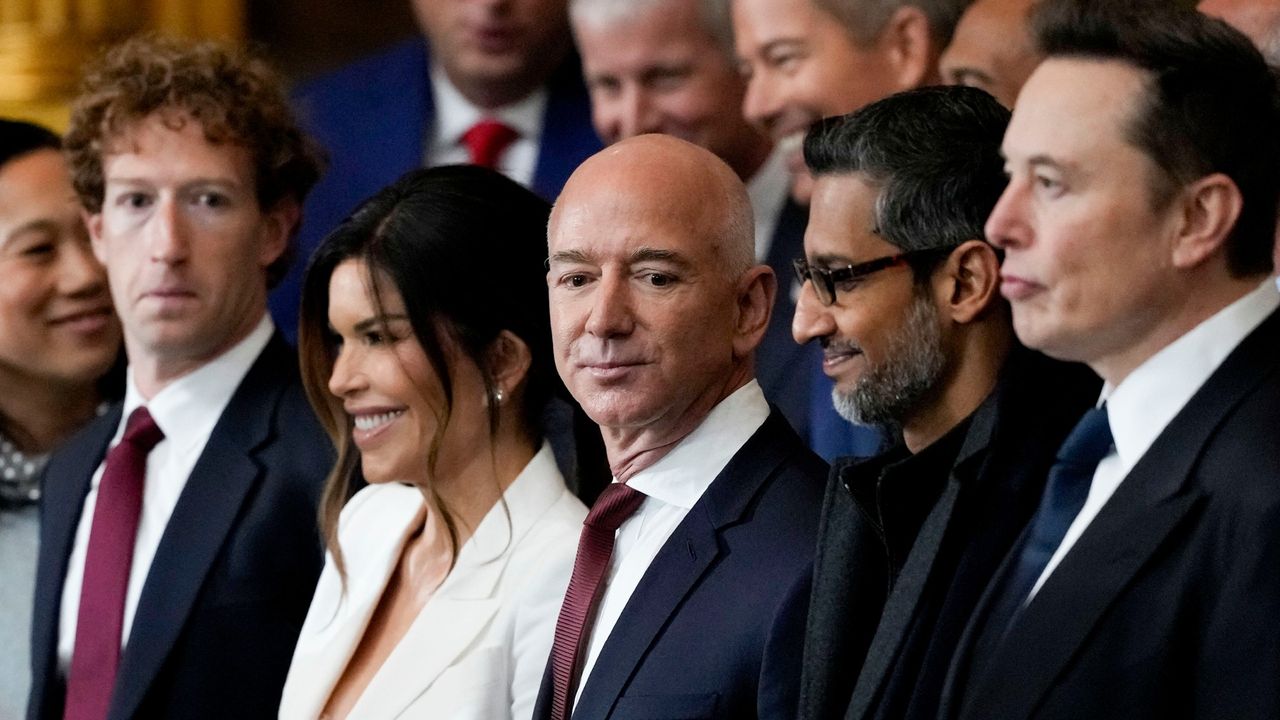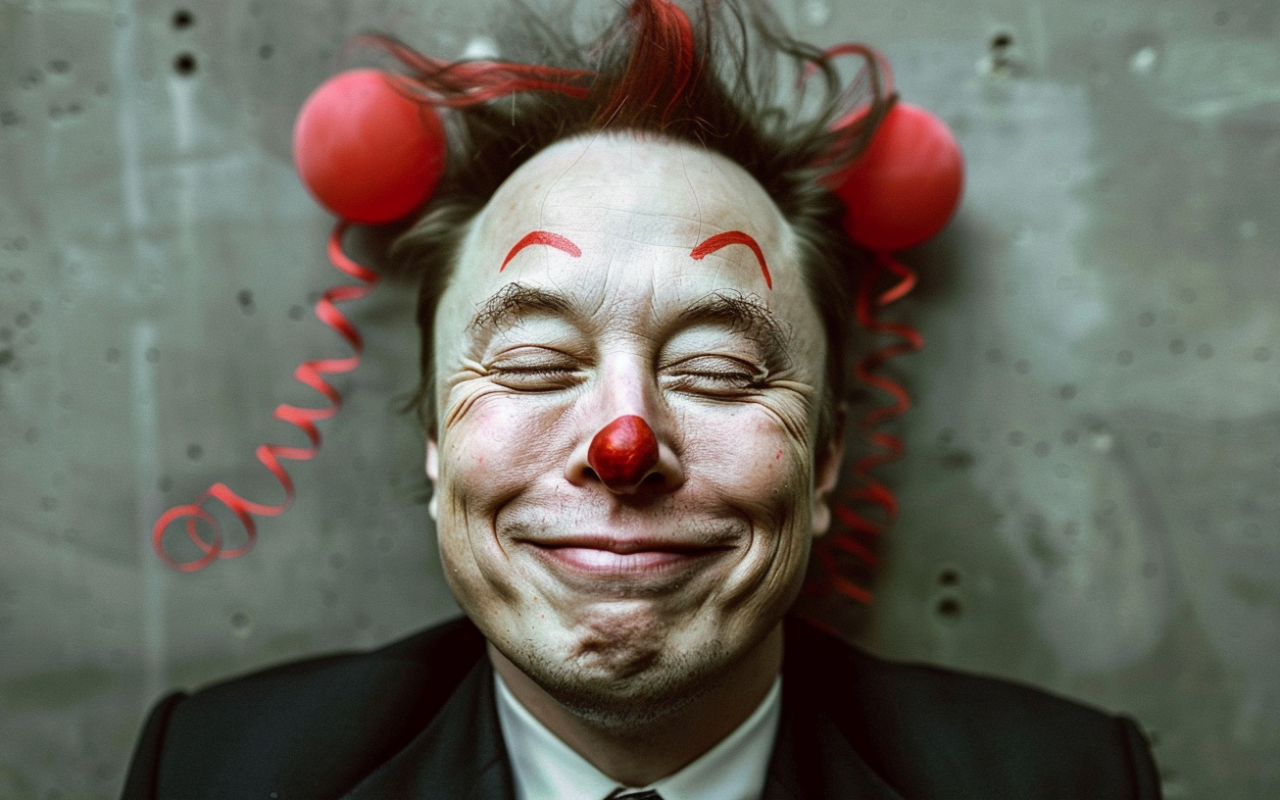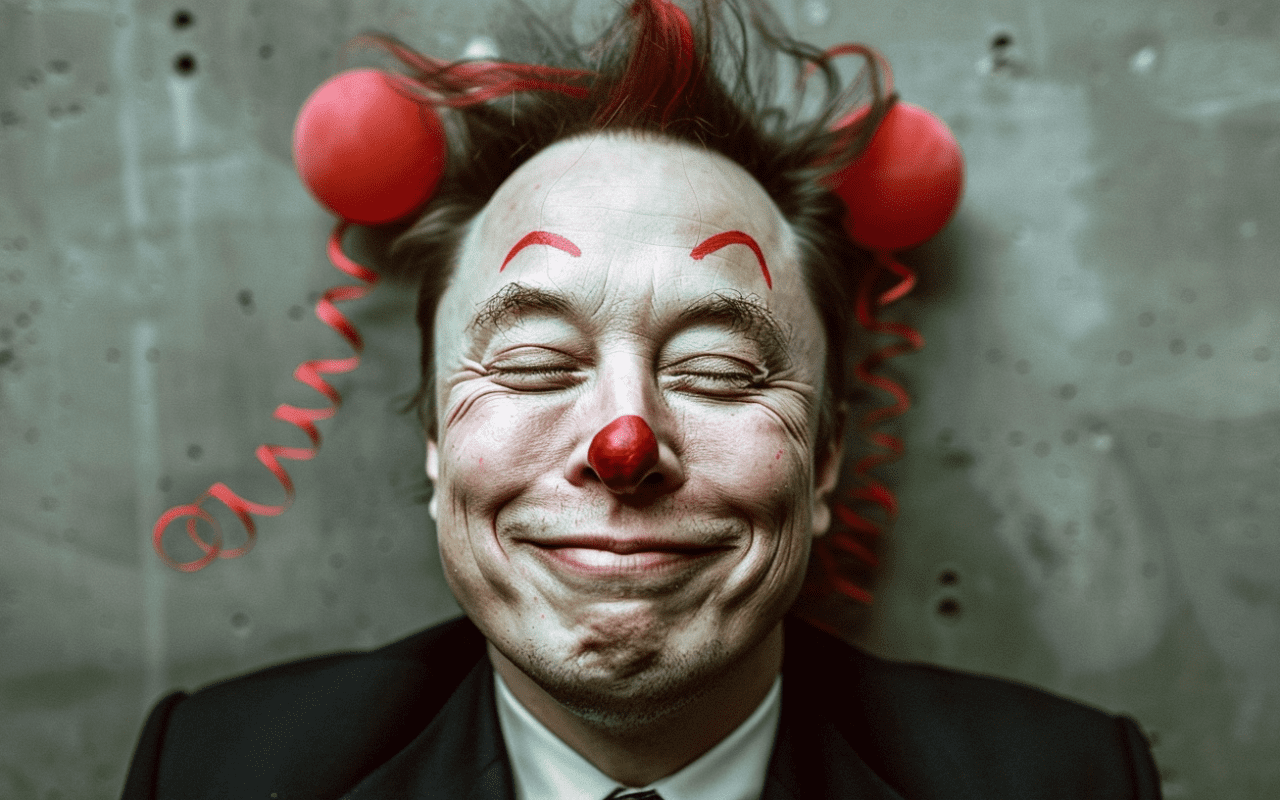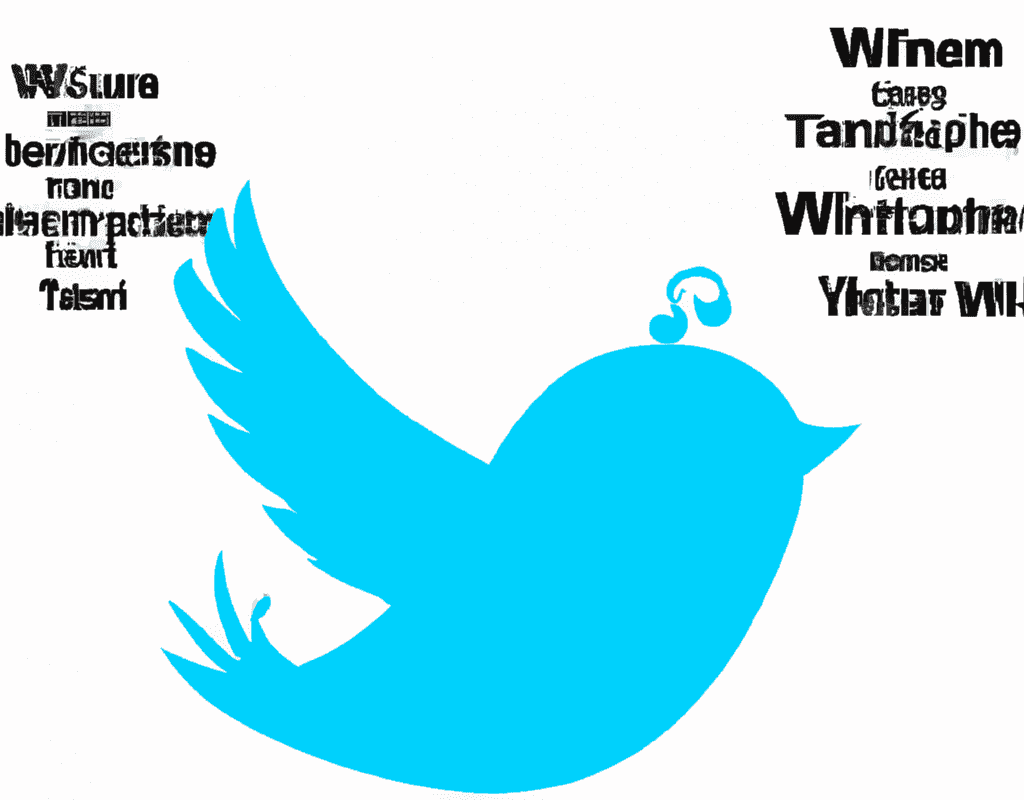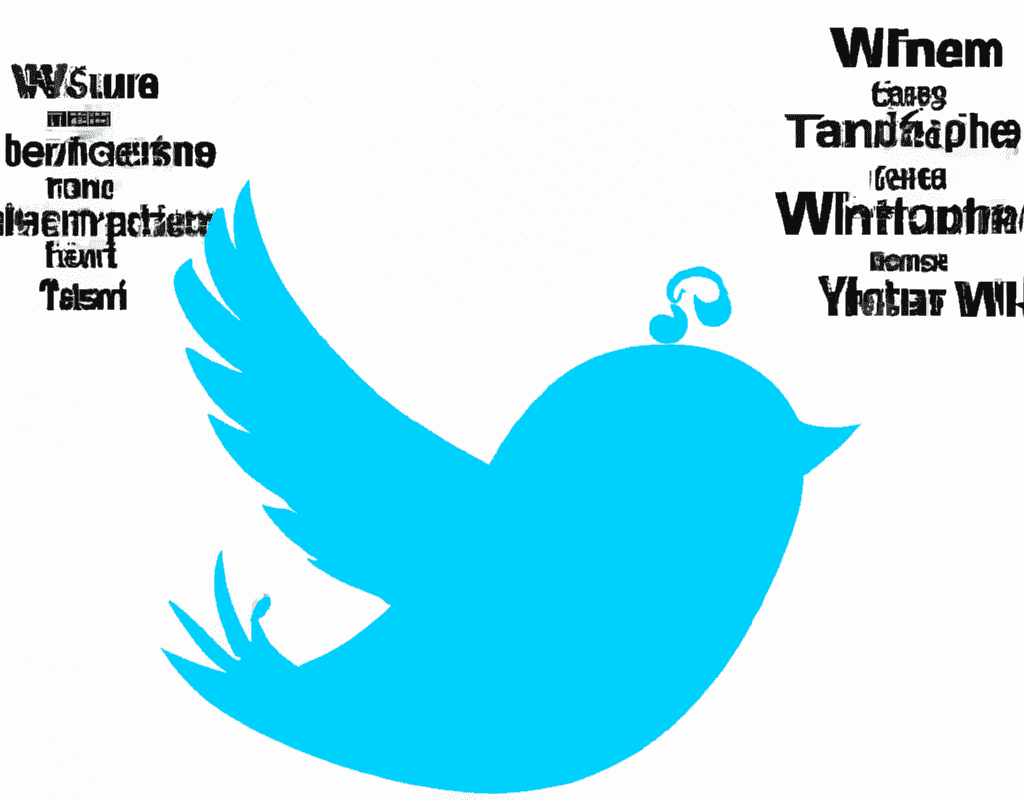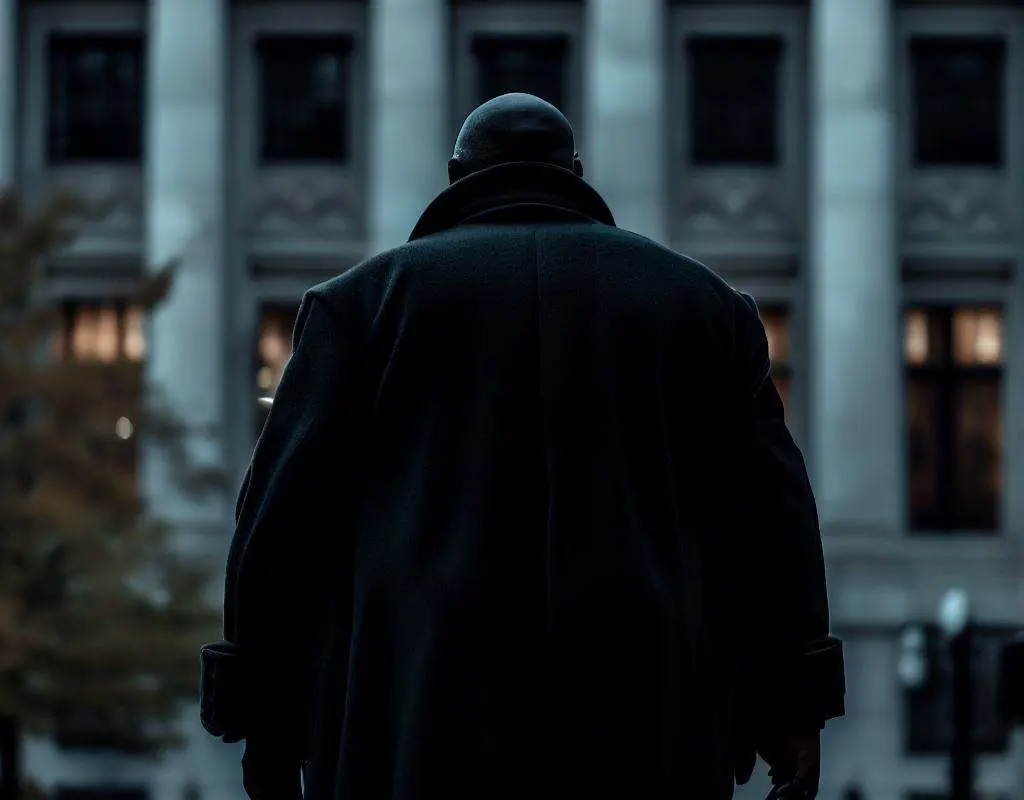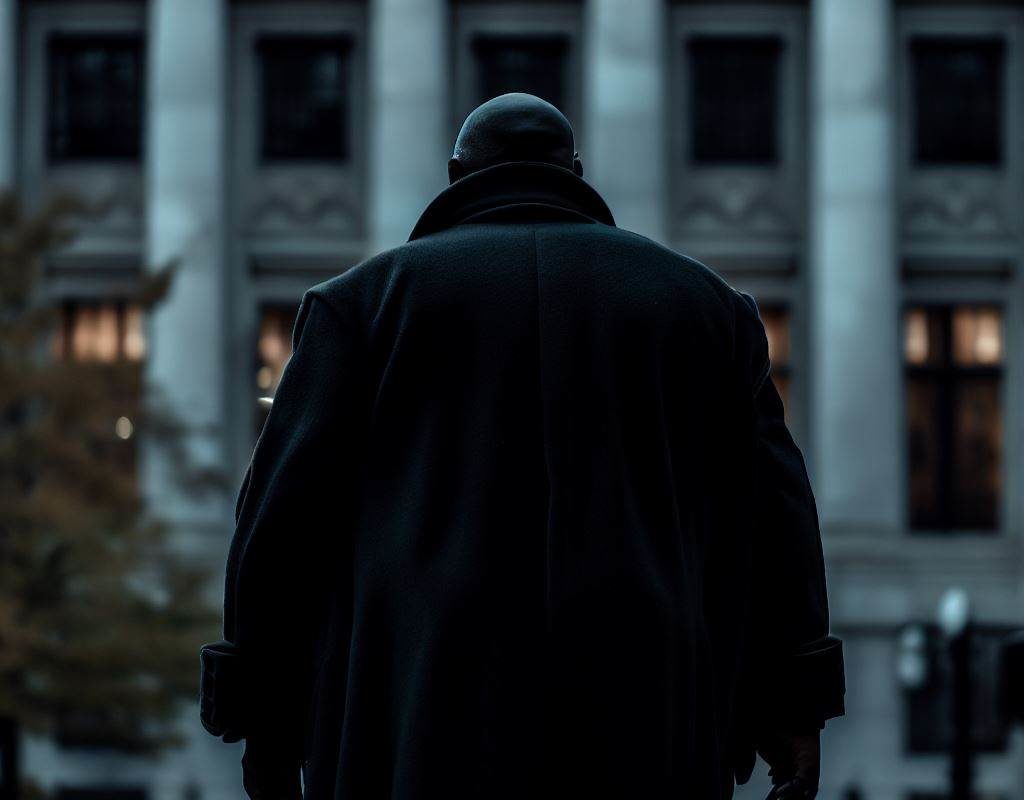When Elon Musk assumed his role as head of the Department of Government Efficiency (DOGE) in the second Trump administration, he claimed his goal was to slash wasteful spending and eliminate government fraud. Yet a damning new report from Senator Elizabeth Warren reveals a starkly different reality: Musk’s 130 days in the White House appear to have been very little about serving the public interest and more about engineering one of the most audacious wealth transfers from taxpayers to a single individual in modern American history. Why are people protesting Elon Musk? In short: everybody hates corruption. And during his time with DOGE, Musk’s net worth soared by over $100 billion and his companies secured billions in new federal contracts, regulatory approvals, and policy changes that directly benefited his sprawling business empire.
The Warren report exposes how Musk’s anti-fraud rhetoric served as convenient cover for systematically dismantling the very agencies responsible for investigating his companies’ workplace safety violations, environmental damage, and discriminatory practices. Under the guise of “efficiency,” DOGE targeted the Consumer Financial Protection Bureau (CFPB) that would regulate his planned X Money venture, gutted OSHA while it investigated Tesla’s worker safety record, and fired inspectors general who had been scrutinizing his companies. Meanwhile, agencies that provide essential services to working families—from the Department of Labor to social safety net programs—faced devastating cuts that threaten to leave the most vulnerable Americans without crucial protections. What emerges is a troubling pattern: Musk’s government role functioned less as public service and more as a strategic position to eliminate oversight of his businesses while redirecting taxpayer resources into his own coffers.
The Massachusetts Senator and champion of the CFPB kept an eagle eye on Musk as he burrowed his way through the federal government with his 20-somethings alt-right goon squad. She compiled this exhaustive report on Elon Musk’s corrupt dealings during his time in the White House — and these are just the ones we know about thanks to intrepid investigative journalists, whistleblowers, and other patriotic informants. A full accounting of the heist will likely not be known for some time, if at all — given the Trump administration’s power (and proclivity) to memory hole theoretically anything they wish.


The report, “Special Interests Over the Public Interest: Elon Musk’s 130 Days in the Trump Administration (PDF),” details numerous instances where the tech megabillionaire and richest man on earth, serving as a “Special Government Employee” while leading DOGE, engaged in actions that allegedly benefited his private financial interests. On top of a net worth increase of $100 billion+ since Election Day, his companies (Tesla, SpaceX, X and xAI, the Boring Company, and Neuralink) had extensive financial conflicts of interest that were completely disregarded.
Here are the highlights from the report, followed by a timeline and cast of characters.
List of Elon Musk’s corrupt activities inside the White House
This is a comprehensive list of examples from the report illustrating how Musk allegedly used his power to further his personal interests, as of June 2025:
1. Government Resources to Promote Musk’s Businesses
- Trump and Musk turned the White House lawn into a Tesla showroom.
- Commerce Secretary Lutnick, reportedly “close to Elon Musk,” appeared on Fox News telling viewers to “buy Tesla”.
2. Federal Contracts for Musk’s Businesses
- Customs and Border Protection (CBP) explored a contract to use Starlink technology in surveillance towers to monitor the border.
- The Commerce Department changed terms of the Broadband Equity Access and Deployment (BEAD) Program to allow Starlink to apply, despite warnings of inferior service and higher costs.
- The White House called for 13% more spending for the Department of Defense (DoD), and SpaceX is considered likely to be the top recipient of new Pentagon funding.
- Reports show SpaceX became a frontrunner for the Golden Dome missile shield.
- DOGE sought changes to DoD contracts, a clear conflict of interest given SpaceX has made over $7 billion in DoD contracts.
